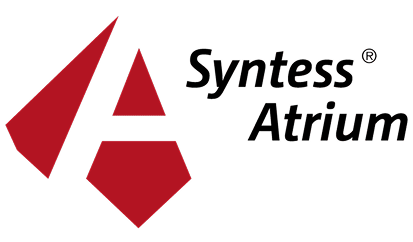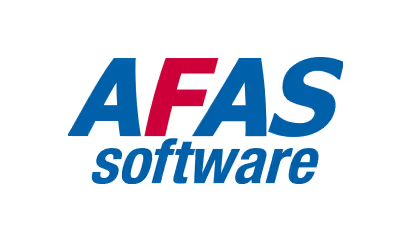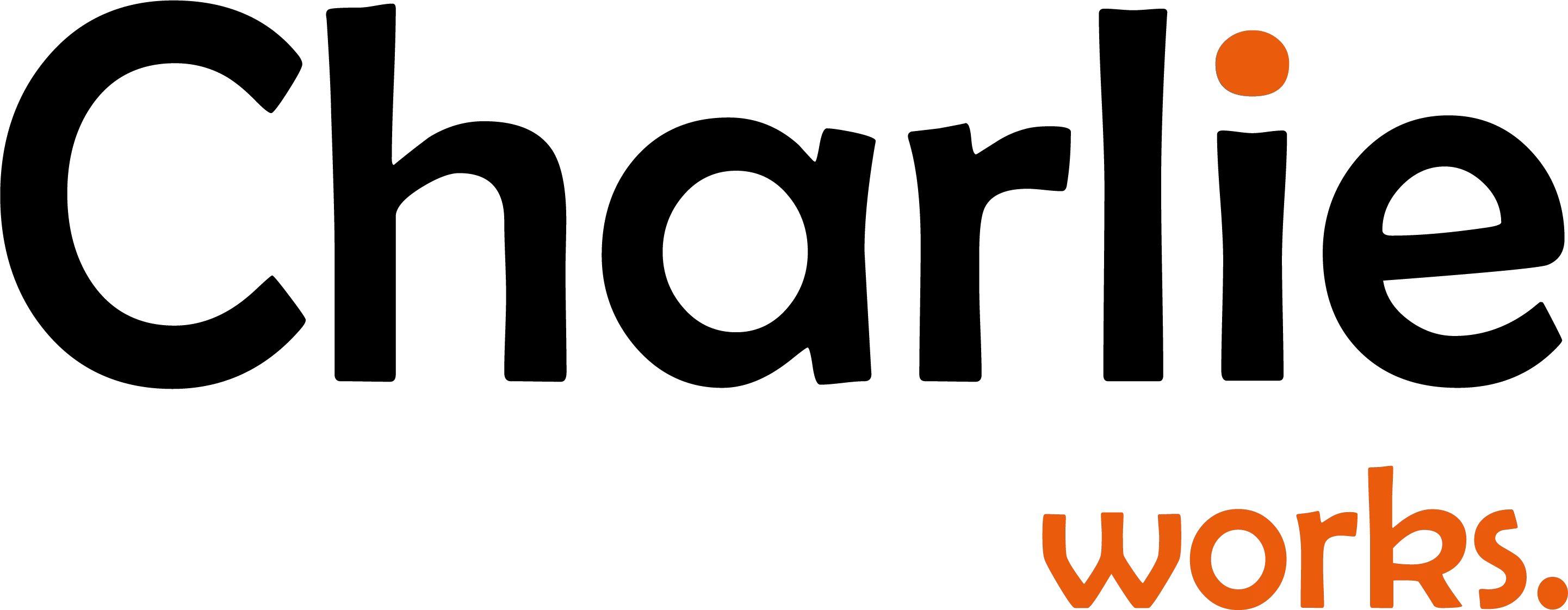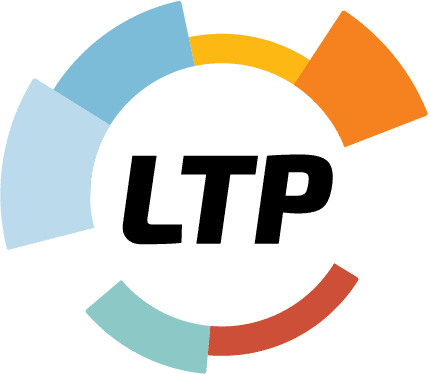What is RPA?
In 2 minutes and 21 seconds. Exactly.
In 2 minutes and 21 seconds. Exactly.
RPA is the abbreviation for the term Robotic Process Automation. It is not a brand name, but a generic name for the technology of automating administrative processes by means of digital “robots”.
Robotic process Automation, or RPA for short, is an application of technology that uses logic and structured input aimed at automating administrative business processes. Using RPA tools, a company can configure software or a “robot” to capture and interpret applications to process a transaction, manipulate data, trigger responses, and communicate with other digital systems or users. RPA scenarios range from something as simple as generating an automatic response to an email to deploying thousands of bots, each programmed to automate tasks in an enterprise system.
The term RPA was coined in 2012 by Phil Fersht, founder and chief analyst at HFS Research. The technology continued until around 2018 when it exploded in popularity as companies undertook digital transformation and improved RPA platform capabilities. However, in recent years, this has only remained profitable for large multinationals. This is now changing because of companies like VionA that offer RPA as a service.
RPA offers organizations the opportunity to reduce staff costs and human error. In addition, RPA robots are cheaper and faster to implement than heavy links between systems. See all benefits of RPA or ask a RPA Business Scan on.
RPA is not a panacea that is the best solution for every situation. There are situations where other forms of automation are better suited. For example, for synchronizing large amounts of data between two databases, which do not require any actions in the meantime, an EDI connection is faster and more stable. Processes that change frequently are also less suitable because the robot must also be adapted.
VionA can help you determine which processes are suitable for RPA. Contact us for this, or plan right away an appointment in.
Beautiful! you now know what RPA is! However, there are more questions that we often get. You can find these here. Do you still have another question, or would you like to continue talking about the possibilities of RPA? Then take contact with VionA on! You are also always welcome at our office in Rotterdam.
No, RPA and Artificial Intelligence (AI) are two different technologies. RPA was developed to automate repetitive administrative processes in interaction with people (Managed Automation). AI was developed to automate human labor itself and make it obsolete (unattended automation). In addition, RPA works with structured logic: to go through a process, AI uses unstructured data and creates its own logic. Finally, RPA is an accessible solution, where AI is complex and requires larger investments.
However, we are now also using AI in combination with robots to be able to automate non-structured data. This includes reading invoices or letters from government institutions.
Yes, definitely! You can license an RPA software package yourself and configure robots yourself. However, this is not easy and requires a broad knowledge of processes, systems and, to a lesser extent, programming. For a long time, RPA was therefore particularly interesting for large multinationals. Companies like VionA offer setting up and maintaining RPA robots as a service so that this knowledge does not have to be built up internally. Read here how VionA approaches this. If you still want to get started yourself, we are also happy to help you get started. Contact us for the options.
An RPA consultant ensures that the processes that are automated are completely clear and mapped out in detail so that the RPA robot can be configured. Here, he also checks whether the process is logical. Where necessary, the process will first be adjusted in consultation so that it runs better. After that, the RPA consultant ensures that the robot is well built and delivered neatly. Do you want to know exactly how a VionA process consultant does this? Then click here.
The more time spent working on a process, the more RPA yields. Until recently, investments were so high that RPA was inaccessible to many SMEs. However, there are now new robots on the market and companies such as VionA that offer RPA as a service, so it is quickly worthwhile for SMEs to get started with RPA.
The better question here is what it delivers! This depends entirely on how big and complex the process you want to automate is. To give an indication, we have a tool to calculate the potential savings yourself. At VionA, we believe that a robot should pay for itself at least twice, every month. That's why we also make a business case in advance that shows how much you can save by applying RPA.





.svg)











